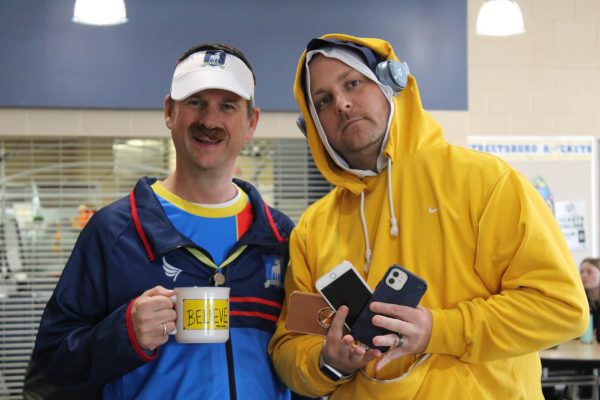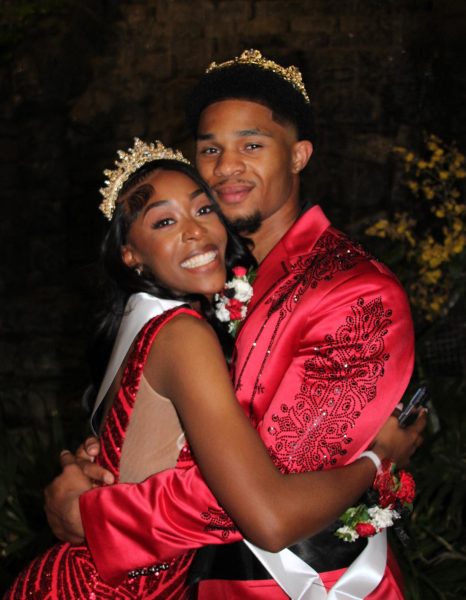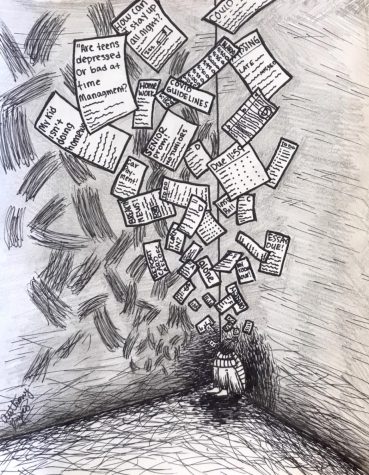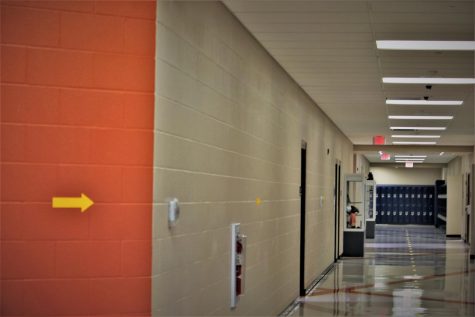Movie adaptations of books fail to appeal to readers
Adapting books into movies and keeping new and returning audiences interested is a unique challenge directors face.
Some of the challenges are as simple as staying true to the source material.
Others are pretty complex. A director must condense a book to fit into a movie run time while still engaging audiences.
Another challenge for directors is capturing the audience that enjoyed the book as well as new audiences who have never even heard of it.
Some directors have overcome these challenges and successfully created adaptations audiences love, such as: The Fault in our Stars by John Green, Jenny Han’s To All The Boys I’ve Loved Before trilogy, the Harry Potter series by J.K. Rowling and The Hunger Games trilogy by Susanna Collins.
In other instances, directors have failed to meet these challenges and ended up creating the equivalent of a dumpster fire with movie adaptations of the Percy Jackson series by Rick Riordan and Veronica Roth’s Divergent series
Because of this directors have to take the fans’ perception of what happened and translate it onto the screen.
But it does not always happen this way. English teacher Molly Klodor explained how she felt that a director taking the time to build a world is important so it can have a similar effect as the book. This is why she really enjoyed the adaptation of “Little Women,.” written by Louisa May Alcott, because of the time the director took building the world and setting up the plot. The beautiful costumes also added to her enjoyment of it.
This is why most people enjoy a book more than the movie adaptation, because it is an experience unique to them.
District media specialist Lori Thomson said, “I always think the book is better than the movie; even if the movie is good, the book is better.”
The amount of detail in a book also crafts an environment where people can get to know and relate to the characters more than they can in a movie.
”That’s the beauty of books,” said communications teacher Bob Long. “You get that detail, but in a movie, the director can’t get into all that detail.”
Long, who teaches TV Film & Lit, was able to recount an adaptation that disappointed him. The 2018 film, “Watership Down,” “confused” him, Long said, adding that he would not have been able to follow the story without having read the book.
“Beautiful” scenes, such as the death of a major character in the book, were squandered due to the change in mediums and there was no way that it could have had the same impact with the change, he said.
Klodor recounted how much she loved the book Ella Enchanted by Gail Carson Levine growing up and how the spine was “permanently bent” due to her reading it so often.
“I so looked forward to the movie and was disappointed when it came out, simply because it was not at all the book,” she explained. “It kept the basic situation but the rest of the plot was completely different from the book.”
This is another challenge directors face. People who love reading will often choose books over other forms of entertainment, so targeting adaptations solely to them just is not marketable.
Your donation will support the student journalists of Streetsboro High School. Your contribution will allow us to purchase equipment and cover our annual website hosting costs.










